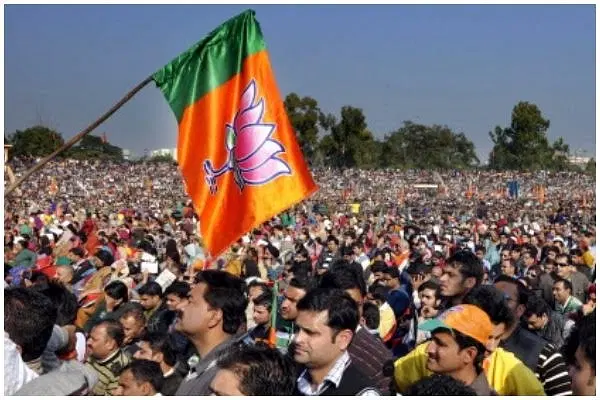Over 161 million people in five states across India are poised to cast their votes in assembly elections next month, as announced by the Election Commission of India. These elections mark a pivotal moment in the country’s political calendar, serving as a prelude to the general elections slated for the following summer.
Mizoram, the smallest among the poll-bound states with 40 assembly seats, will kick off the electoral process on November 7. Chhattisgarh, a state with a 90-member assembly, will conduct elections in two phases on November 7 and 17. Meanwhile, Madhya Pradesh, Rajasthan, and Telangana will go to the polls on November 17, 23, and 30, respectively. The crucial task of counting the votes is scheduled for December 3.
Chief Election Commissioner Rajiv Kumar underlines the unique importance of these state elections as they represent the final assembly polls before the highly anticipated general elections in 2024.
These five state elections are often regarded as a “virtual semi-final” for the Lok Sabha polls set for May next year. They serve as a testing ground for electoral narratives, coalition dynamics, and leadership decisions. Notably, Rajasthan, Madhya Pradesh, and Chhattisgarh are expected to witness fierce battles between the Bharatiya Janata Party (BJP) and Congress, providing insight into the national parties’ strengths.
However, it’s essential to note that the results of these state polls don’t always align with the outcomes of the general elections. In 2018, for instance, Congress secured victories in the heartland states during the state elections, but BJP dominated in the subsequent Lok Sabha elections.
Predictably, BJP National President J.P. Nadda is optimistic about his party forming governments in all five states, while Congress Chief Mallikarjun Kharge views these elections as the beginning of BJP’s exit from these regions.
These elections are the first significant political event since 26 parties united to form the Indian National Developmental Inclusive Alliance (INDIA) earlier this year, aimed at challenging the BJP’s dominance. The opposition bloc faces the challenge of perfecting its messaging, coordination, and leadership.
The state polls also follow the release of a landmark caste survey in Bihar, revealing that backward communities comprise a significant portion of the population. This data has the potential to reshape the electoral discourse and bring caste dynamics to the forefront of the 2024 elections. The opposition has demanded a nationwide caste census in the hope of exploiting caste-based contradictions within BJP’s support base, making these state elections a crucial test of this narrative’s effectiveness.
Sanjay Kumar, Director at the Centre for the Study of Developing Societies (CSDS), suggests that Congress may focus on caste-based campaigning but doubts it will be a major factor.
These elections also take place in the aftermath of the G20 summit and will provide insights into the effectiveness of the government’s efforts to address public concerns about inflation.
The upcoming assembly elections in these five Indian states carry substantial significance, setting the stage for the 2024 general elections and offering valuable insights into the evolving political landscape, coalition dynamics, and the potential impact of caste-based politics.
